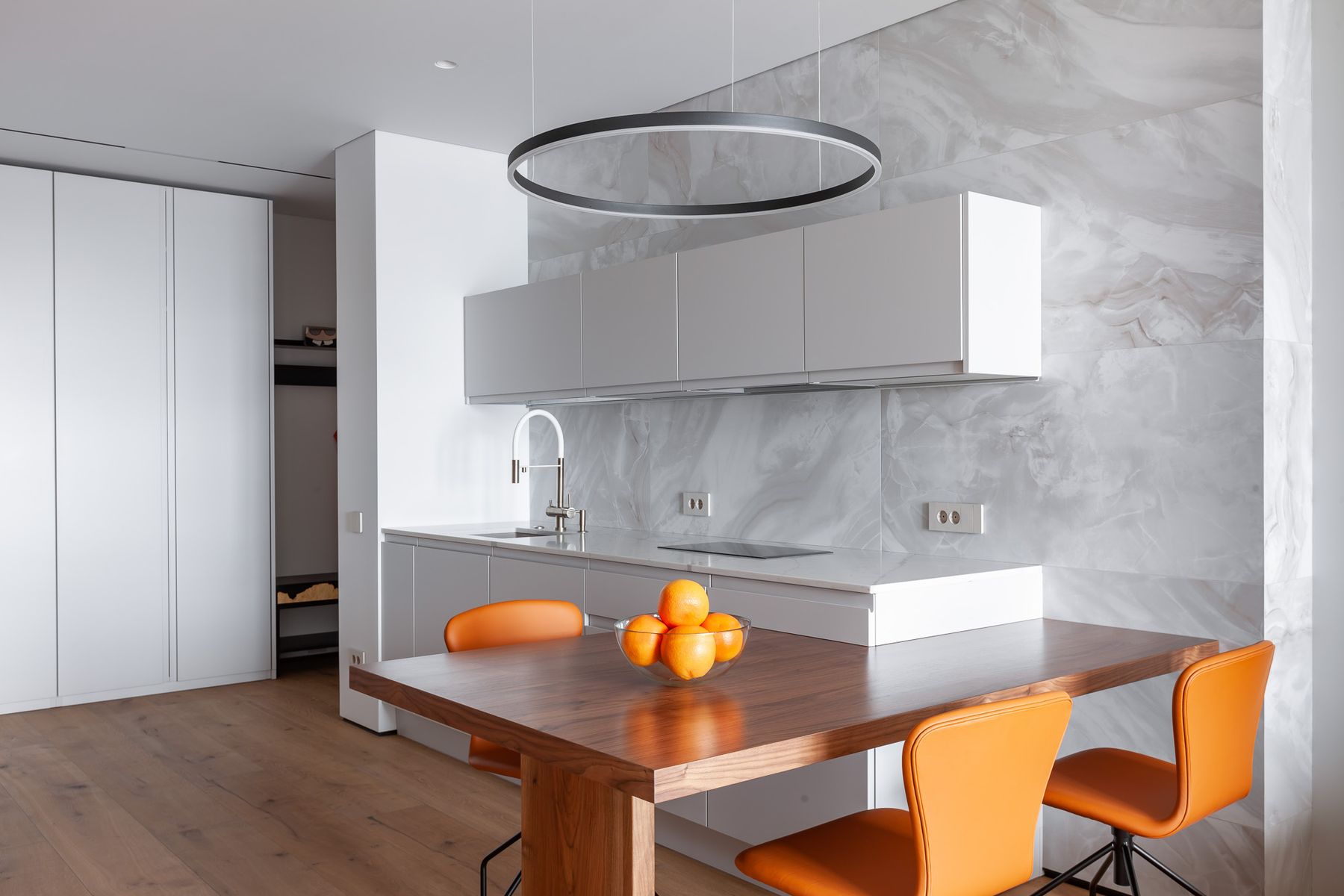
Culinary Spaces Redefined: Embracing the Evolution of Modern Kitchens
The kitchen, long considered the heart of the home, has undergone significant transformations over the years. No longer just a space for cooking, modern culinary spaces are becoming increasingly multifunctional, integrating technology, sustainability, and innovative design to cater to contemporary lifestyles. In this exploration of how culinary spaces are being redefined, we consider the elements that contribute to this evolution and its impact on our daily lives.
The Integration of Technology in Modern Kitchens
The infusion of technology into culinary spaces has been a game-changer. Smart appliances are now commonplace, with features like Wi-Fi connectivity, voice control, and remote access via smartphones. Innovative refrigerators that can track expiration dates, ovens that can be preheated from afar, and faucets that activate with a touch are just the beginning. The advancements in kitchen technology not only enhance convenience but also contribute to energy efficiency and better time management.
Design Meets Functionality
As kitchens become more integrated into the living space, design has stepped up to meet the demand for both style and functionality. Open-plan layouts facilitate social interaction, with kitchen islands and breakfast bars serving as the new dining tables for quick meals and social gatherings. Custom cabinetry that maximizes storage and hideaway appliances creates a sleeker, uncluttered look, while ergonomic design ensures ease of use and comfort.
Material Innovation and Eco-Friendly Solutions
Material choices in kitchen design are being guided by both aesthetic and environmental considerations. The use of sustainable materials like bamboo, recycled glass countertops, and energy-efficient appliances reflect a growing consciousness about reducing the carbon footprint. Renewable resources and non-toxic materials are also gaining popularity, signaling a shift toward eco-friendly practices in the culinary domain.
Enriching Culinary Experiences with Multipurpose Usage
The modern kitchen goes beyond cooking, doubling as a space for entertainment, work, and creativity. With an increasing number of people embracing remote work, kitchens now often feature built-in offices or tech hubs. Additionally, there's a surge in interest in gourmet cooking and baking, prompting the inclusion of professional-grade equipment and ample space for hosting cooking classes or live-streaming culinary sessions.
Personalization and the DIY Trend
The rise of do-it-yourself culture has also influenced kitchen design. Personalized touches, such as hand-painted tiles, DIY shelving, or custom lighting, allow homeowners to infuse their unique style into the space. This trend for customization provides a sense of individuality and craft, making the kitchen a more personal and engaging place to be.
Conclusion: The Future of Culinary Spaces
The redefinition of culinary spaces reflects broader changes in society regarding technology, lifestyle, and sustainability. As we continue to reimagine these areas of our homes, the kitchen's role is set to expand even further, accommodating new ways of living and connecting with food. By embracing these changes, we open up a world of possibilities for culinary creativity, social interaction, and overall enjoyment of our domestic environments.